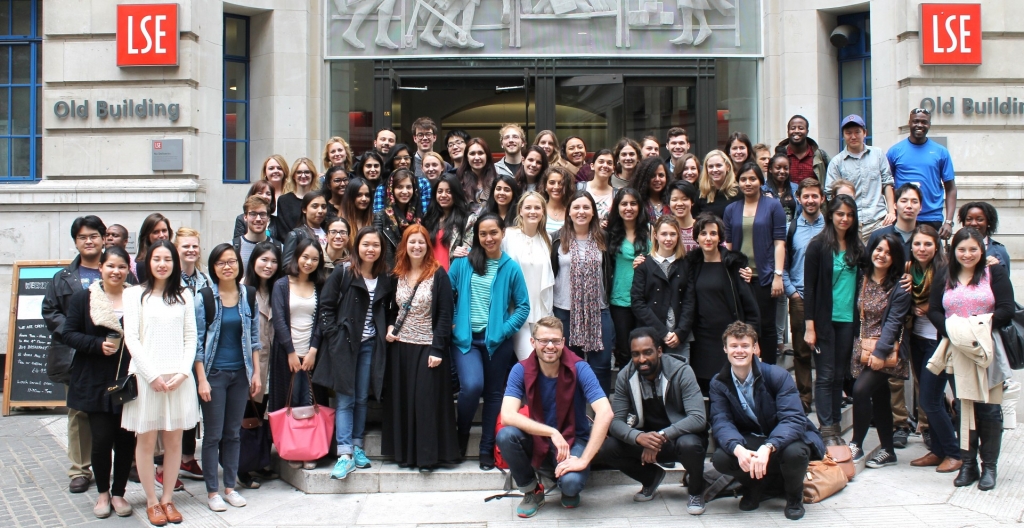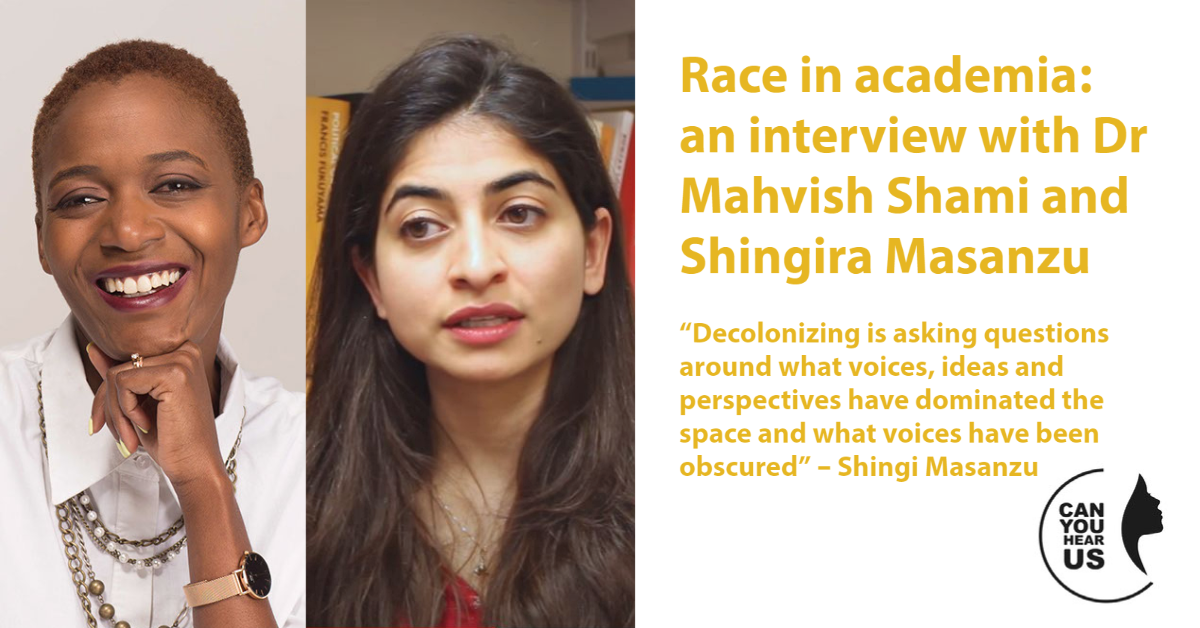
I regularly hear from friends who have been cold called by their old university, seeking to extract money from them for the alma mater (apparently hungry current students are particularly convincing). That got me thinking – how come aid organizations don’t do more with their alumni?
(Originally published on From Poverty to Power.)
Because Exfam staff (as we call them) are a wasted asset: many go on to influential jobs elsewhere in the development sector, or in formal politics both in developing countries and in the UK, where I know of at least two Exfam MPs, a few Lords and a couple of ambassadors.
Here are five potential roles for an alumni network:
- Eyes and ears
- Fund-raising
- Advocacy
- Research support
- Programme support
Eyes and Ears
Fit for the Future argues that aid agencies need to be better embedded in political, social and economic contexts to pick up and respond to trends. Alumni schemes could provide just such a network, eg alerting NGOs to threats to civil society space, perhaps answering a monthly question(s) that they want to consult on.
Fundraising
Have to be careful how we do this, as previous research shows alumni are often reluctant to cough up large amounts of quids for general fundraising (do they know too much?). What kinds of funding might appeal – sponsor an activist? An Enterprise Development Programme style combo of mentoring and cash?
Advocacy
This strikes me as the highest potential area. For example:
- Issue a call for Exfamers working on particular sectors (extractives, finance, UN system) to set up support groups along the lines of Amnesty Business Leaders Group (see blog post here).
- Exfamers now in governments or multilaterals could advise on advocacy strategies
Research Support
A lot of Exfamers end up in academia. We could use them and their students to deepen our research capacity, or influence future generations of decision makers (blog here)
Programme Support
How best to harness all that expertise and experience? Pro bono evaluators? Technical assistance along the lines of Pierre Landell Mills ‘Partnership Transparency Fund’, which gets retired civil servants out to support governance and anti-corruption work around the world? Fund revisits to old projects to assess long term impact?
How to Nurture the Network? Worth looking at University alumni schemes for ideas – they invest significantly in them, even though their purposes are more limited (just fundraising, really) than ours could be. What would attract people to stay and participate?
Over to all Exfam/ex-anything readers – what would attract you to sign up to an alumni network, and what roles would make sense?
The Department of International Department Alumni Campaign
As a Department currently trying to develop its alumni network, we are keen to know what would benefit former students and how we can work with you.
We’re always grateful for updates and testimonials. Some of our alumni work with current students on consultancy projects.
Some of our former students give workshops about their experiences in the developing world. Some give public lectures on their area of expertise. If you have a publication, an event, or some good news to share, we can make that happen, and give you plenty of exposure through our channels.
We’re interested in building strong mutual relationships. Check out our new alumni page, and feel free to get in touch at any time.
Related Posts
   |






